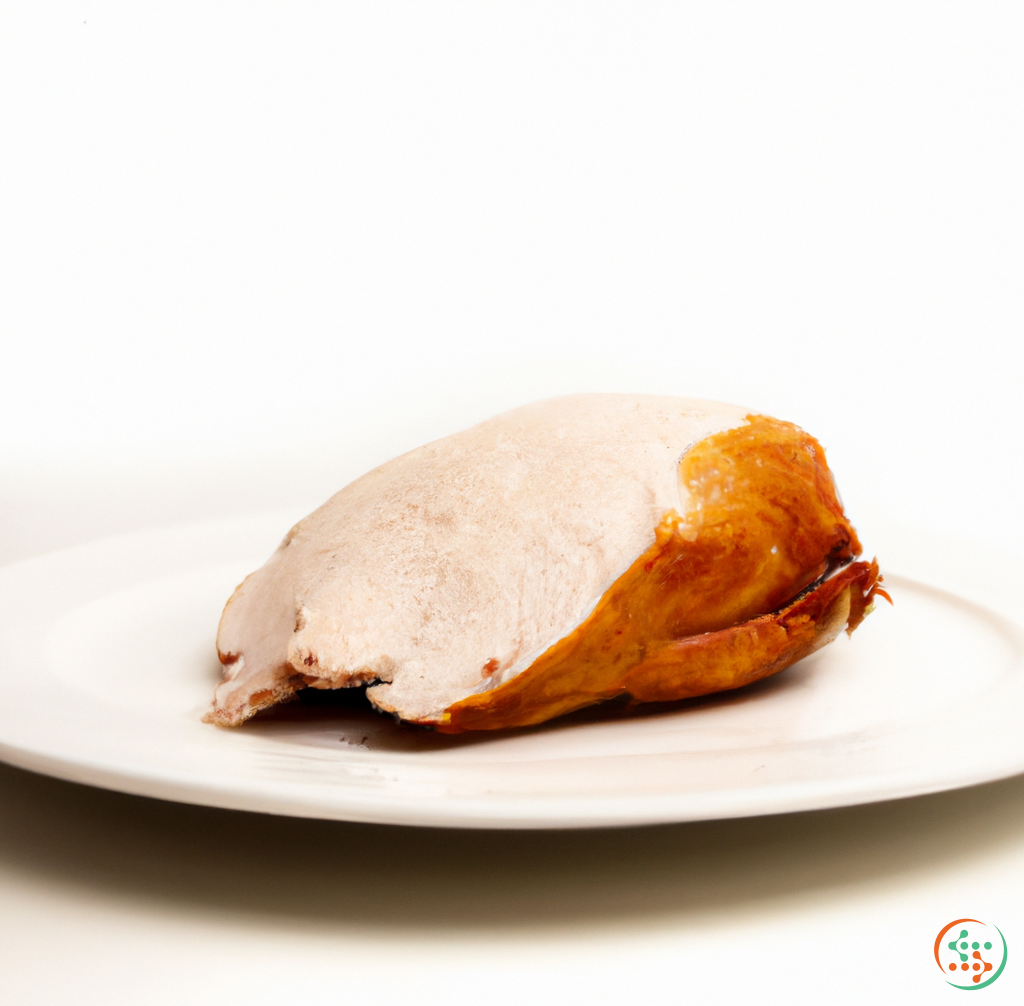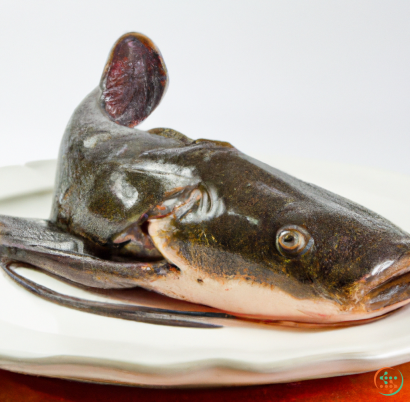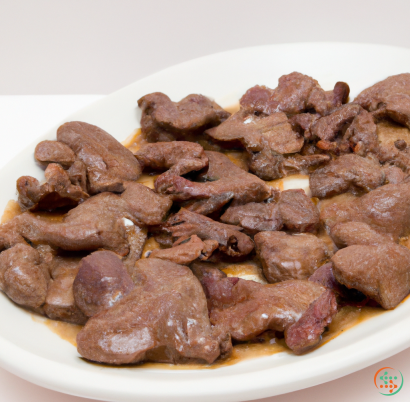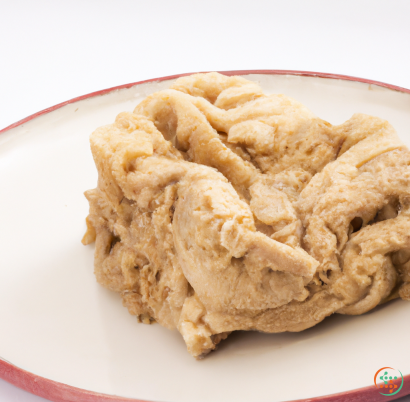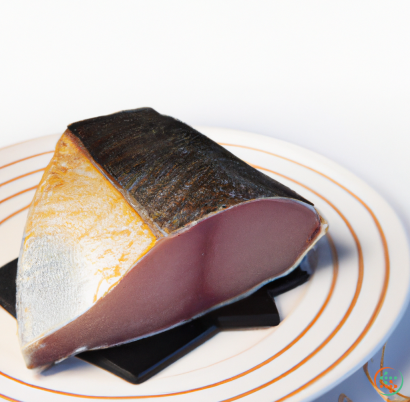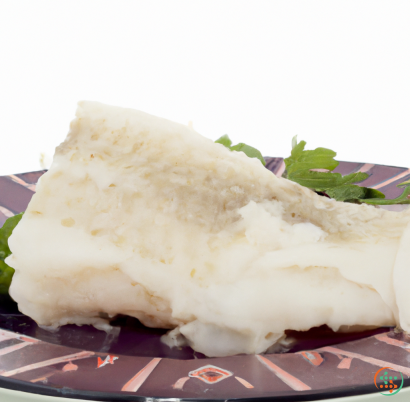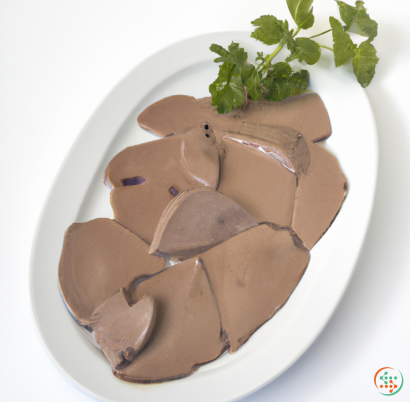Turkey Meat: Complete Vitamin Profile
Turkey Meat: Considered a good source of vitamins?
Yes, turkey meat is a good source of vitamins. Turkey is an excellent source of many of the B vitamins, including thiamin (B1), riboflavin (B2) and niacin (B3). It also provides vitamin E, iron, potassium and phosphorus. The muscle tissue of turkey contains all nine essential amino acids that are necessary for human health. Amino acids must be obtained from the diet since our bodies do not produce them. Protein from turkey is important for growth, maintenance, repair and development.
Turkey is a good source of several vitamins and minerals, such as zinc, magnesium, selenium, and vitamins A, D, and K2. Zinc plays an important role in maintaining optimal immune system function, reproductive health, and wound healing. Selenium has an antioxidant role which helps to reduce inflammation on the cellular level. Magnesium helps regulate blood pressure, maintain nerve and muscle functioning, and keeps bones strong. Vitamins A, D, and K2 help support healthy eyesight, heart function, blood sugar levels, and healthy teeth and lungs. Additionally, dark turkey meat is lower in fat than light or white meats.
In conclusion, turkey meat is a great source of various vitamins and minerals, and its low-fat content makes it a healthier choice when compared to other sources of animal protein.
Turkey Meat ‐ Vitamin Information
The Thanksgiving holiday is known for its delicious roast turkeys, and while they are a source of great taste, they also offer many health benefits. Turkey meat is full of vitamins that have been proven to be essential for our bodies to function properly. From B-Vitamins and Vitamin C to minerals like zinc and selenium, turkey meat contains an abundance of nutrients. In this research paper, the focus will be on these various vitamins found in turkey and why they are important for overall health.
First, we will discuss the B-vitamins found in turkey: niacin, thiamin, vitamin B6, folate, and riboflavin. Niacin, or Vitamin B3, is essential for turning food into energy, as it works alongside other enzymes in the body to break down fats, carbohydrates, and proteins into useable forms of sugar. Thiamin (B1) helps with overall metabolism; however, it is especially helpful for breaking down carbs from the diet, aiding in digestion and the transportation of glucose throughout the body. Vitamin B6 aids healing and strengthening of tissues and has even played a role in promoting nerve transmissions in the brain. Folate (B9) aids in muscle growth by increasing cell production and DNA synthesis, as well as helping to make red blood cells. Lastly, riboflavin (B2) stimulates metabolic processes and helps maintain normal levels of oxidation in the human body. All these B-vitamins are necessary components in converting food into energy, which can lead to better cognitive functioning, weight regulation, and improved muscle tone.
Next, let’s look at some of the trace minerals contained in turkey meat. Zinc plays a critical role in immune system function and even has anti-inflammatory properties. Selenium is beneficial to human health in numerous ways, but most importantly it helps protect against oxidative damage and prevents the development of cancerous cells. Additionally, it helps regulate thyroid hormones and convert fats into usable energy. Iron is needed for several metabolic functions such as carrying oxygen throughout the body, producing energy and creating new cells. Last, but certainly not least, Turkey provides a good source of phosphorus, which helps support healthy bones and teeth structure as well as aiding kidney and liver functions when paired with vitamin D.
Finally, we come to Vitamins Like Vitamin C. Vitamin C’s primary purpose is in building strong tissue, particularly collagen, which keeps our skin looking youthful. This antioxidant fights off free radicals and detoxifies important organs like the heart and kidney. Vitamin C helps build the walls around cells, allowing for proper nutrient absorption in order to keep the body balanced. It strengthens the immune system, too. Vitamin A is found in turkey and acts as another antioxidant, shielding cellular walls from harmful chemicals. This vitamin is vital for eye health and vision acuity, increases bioavailability of iron, and stimulates wound healing. Furthermore, Vitamin E assists in maintaining balance within cellular systems, and strengthens the cardiovascular system.
In conclusion, eating roast turkey during the holidays is not only a tasty meal option, but it is also packed full of vitamins and minerals to promote health and wellness. Not only does it provide B-vitamins and trace minerals, Turkey also offers antioxidants such as Vitamin C and A, as well as Vitamin E. These vitamins all work independently and complement one another to ensure that bodily processes and physiological functions operate normally and occur without hitch. Moreover, studies show that those who include more lean meats like turkey into their diets may reduce their risk of obesity, type 2 diabetes, and other chronic illnesses due to the nutrition supplied by the meat itself.
| Vitamin A | 0.012 mg | |
| Vitamin D | 0.4 ug | |
| Vitamin D3 | 0.4 ug | |
| Vitamin E | 0.07 mg | |
| Vitamin B1 | 0.05 mg | |
| Vitamin B2 | 0.28 mg | |
| Vitamin B3 | 0.00957 grams | |
| Vitamin B4 | 0.0874 grams | |
| Vitamin B5 | 0.95 mg | |
| Vitamin B6 | 0.62 mg | |
| Vitamin B9 | 0.009 mg | |
| Vitamin B12 | 0.00102 mg |
